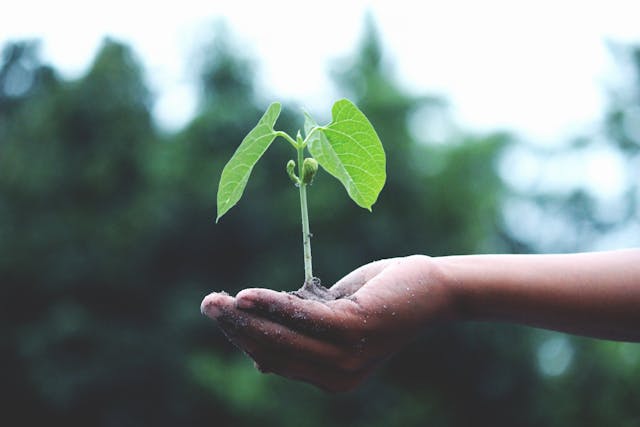The Basics of Ecology: Understanding Ecosystems and Their Importance
Ecology is the study of how living things interact with each other and their environment. It helps us understand the balance of nature and why it’s important to protect the world around us. In this article, we’ll explore the basics of ecology and why ecosystems matter to all life on Earth.

What Is an Ecosystem?
An ecosystem is a community of living things like plants, animals, and microorganisms, working together with non-living parts like air, water, and soil. These parts depend on each other to survive.
Ecosystems can be big, like a forest or ocean, or small, like a pond or garden. Each ecosystem has a unique mix of species and conditions.
How Ecosystems Work
In an ecosystem, energy flows through food chains. Plants use sunlight to make food through photosynthesis. Animals eat plants or other animals, passing energy along the chain.
Ecosystems also recycle nutrients. When plants and animals die, decomposers break them down, returning nutrients to the soil to help new plants grow.
Balance is key. If one part of the ecosystem changes—like if a species disappears—it can affect many others.
Why Ecosystems Are Important
Ecosystems provide many benefits that humans rely on:
- Clean Air and Water: Plants and trees filter air and water.
- Food and Resources: Ecosystems supply fruits, fish, timber, and medicines.
- Climate Regulation: Forests and oceans help control the Earth’s climate.
- Habitat: They offer homes to countless species, supporting biodiversity.
Healthy ecosystems keep our planet alive and thriving.
Threats to Ecosystems
Human activities like deforestation, pollution, and climate change are harming ecosystems worldwide. These actions can destroy habitats, reduce biodiversity, and upset the natural balance.
Protecting ecosystems is essential to preserving the environment and the benefits it provides.
How We Can Help Protect Ecosystems
Everyone can contribute to protecting ecosystems by:
- Conserving water and energy
- Reducing waste and recycling
- Supporting wildlife-friendly products
- Planting trees and native plants
- Learning about local ecosystems and spreading awareness
Small actions add up to big positive changes.

Final Thoughts
Ecology helps us understand the delicate balance of life on Earth. Ecosystems are vital for our survival and well-being. By learning about and protecting them, we ensure a healthy planet for future generations.
Respecting nature is not just a choice—it’s a responsibility we all share












